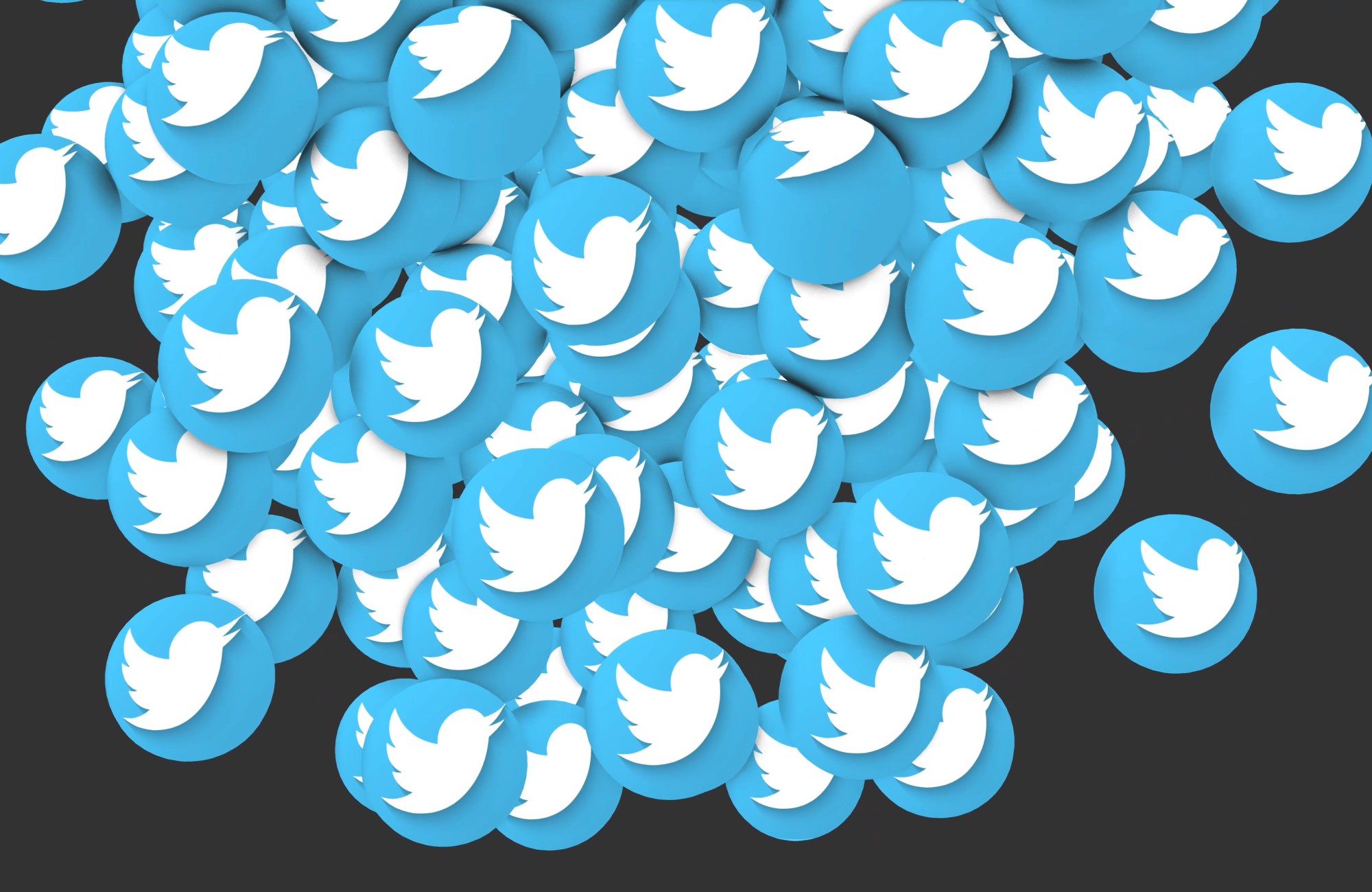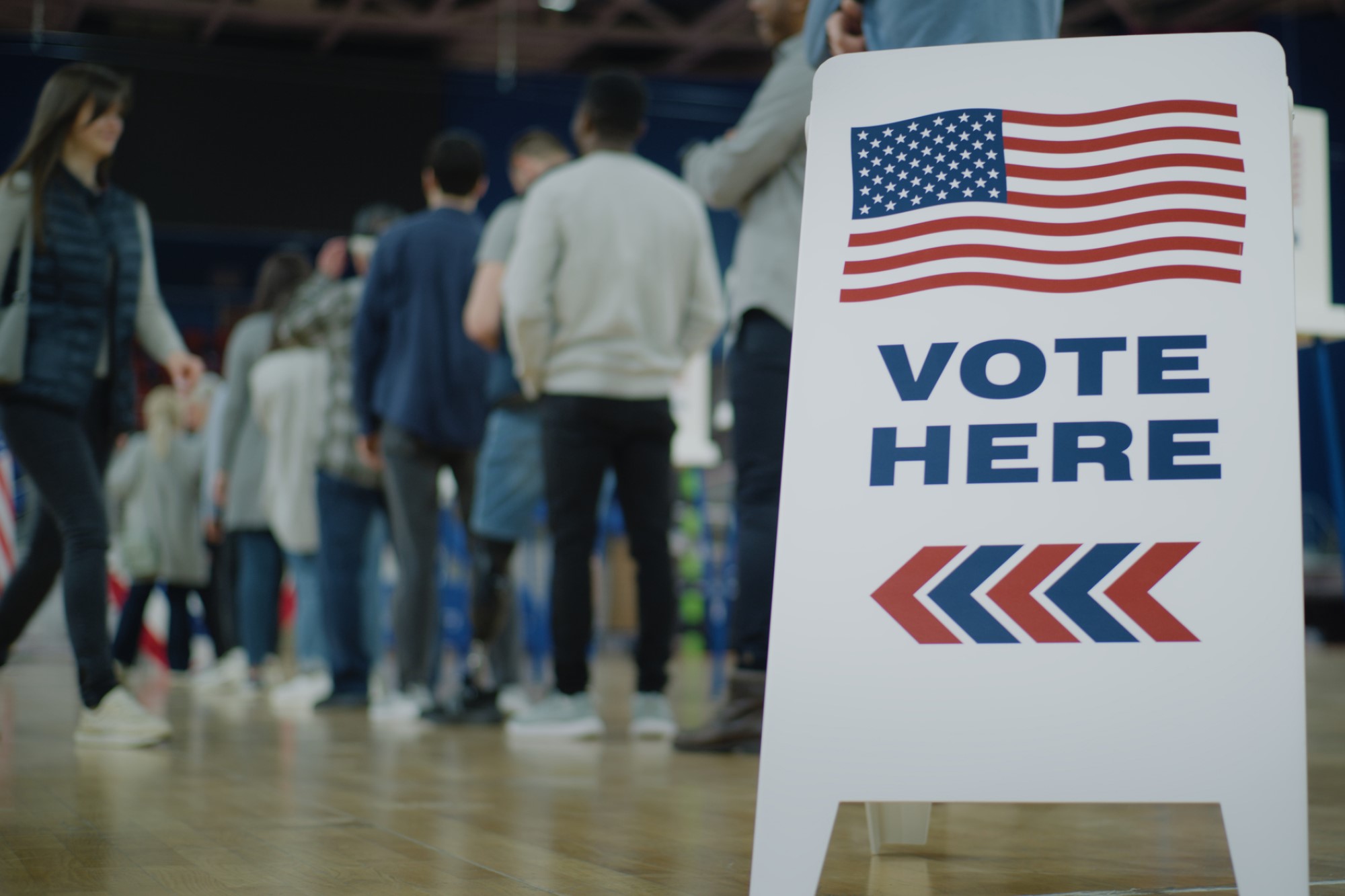Pinterest’s Block on Anti-Vaccination Content
Pinterest, the good-natured social media site where users re-pin new ideas and things to try, has made recent headlines for their stance against anti-vaccination propaganda. In fall 2018, Pinterest quietly removed results to vaccination-related questions from the search bar. Now, when you type “vaccine” or “anti-vax,” a pop-up will relay that there is no related content and will provide a link to the community guidelines. Reported first by the Wall Street Journal, Pinterest finally disclosed their choice to censor the questionable health claims made by anti-vaccination groups.
Pinterest’s decision to block vaccines in their search domain was widely based on the fact that the site had become a hub for anti-vaccination activists. These groups aim to educate parents regarding the dangers of vaccinations but with theories that are unsupported by peer-reviewed, scientific research. The tactics used are typically fear-inducing photographs or stories about harm to children caused by vaccinations without any scientific proof. The groups claim to offer parents the “most transparency” but also don’t mention the dangers of not vaccinating. Pinterest’s response aimed to discontinue the spread of misinformation and falsehoods on their website.
When it comes to vaccines, the spread of misinformation could have a devastating impact on individuals and the society. There has been an increase in confusion and mistrust among the public when it comes to vaccines in general. One of the most noteworthy fear-causing publications was by the doctor Andrew Wakesfield, who suggested a connection between the measles, mumps, and rubella (MMR) vaccine and the development of autism in young children. Although deemed fraudulent, it is considered the beginning of the anti-vaccination movement. This movement is equally seen in the cases of influenza in America. Last year during the 2017-2018 season, there was a record-breaking number of hospitalizations and deaths among children in the US with less than half of Americans receiving the flu shot. It is because of these that World Health Organization (WHO) has recently listed the anti-vaccine movement a top health threat for 2019. When Pinterest decided to curtail vaccine-related content on their site public, it raised the question; should social media censor for misinformation?
Pinterest’s new policy stems from the fear that misinformation can have “detrimental effects on a pinner’s health or on public safety.” The guidelines officially state that the website bans the “promotion of false cures for terminal or chronic illnesses and anti-vaccination advice.” A report found in 2016 claimed that 75 percent of posts on Pinterest referring to vaccines were negative. In addition, other studies have found that 80 percent of mothers and 38 percent of fathers in the US have used Pinterest. It is likely that mothers and fathers, looking for advice regarding their children’s heath, ran across posts on Pinterest with anti-vaccination rhetoric. One could argue that media sites have an obligation to censor this kind of propaganda for public health and safety reasons. On the other hand, even well-intentioned censorship threatens to intrude on our rights protecting free speech (also discussed in this Prindle Post article about the case of Alex Jones).
With a website that is used by mothers and fathers, restricting these groups’ ability to voice their concerns or opinions could be seen as a commentary on parenting styles. Vaccine hesitancy is often caused from worries about side effects, cost, moral or religious obligations, or lack of knowledge about immunizations. There is value in the autonomy that parents have in choosing whether or not to vaccinate their children because they have the right to make medical decisions focused around their own values. In addition, who is to say whose opinion is more valid regarding vaccinations? Who’s to say which opinions deserve censure? Pinterest approached this issue in banning all vaccine-related information, reputable or not. This absolute censorship, while avoiding the bias of what is considered a reputable source, could also be seen as problematic. It is taking the opportunity away from readers to decide for themselves what sources they think are credible or not and through Pinterest they cannot be educated on the subject to any extent. A spokesperson from Pinterest, Jamie Favazza says, “Right now, blocking results in search is a temporary solution to prevent people from encountering harmful misinformation.”
Vaccine misinformation isn’t only a Pinterest problem; other social media outlets like YouTube and Twitter have been infiltrated by vaccination misinformation as well. YouTube’s policy doesn’t allow ads for anti-vaccine videos. Twitter has no specific policy on the matter. A spokesperson for Twitter, Katie Rosborough, said that “We, as a company, should not be the arbiter of truth,” and also added that, “the company was working to surface the highest-quality and most relevant content first.”
Social media represents an open platform for people to voice interests and create spaces that unite beliefs. But should some spaces not exist and should some beliefs not be circulated? In the case of anti-vaccine movement, people continue to adhere to their beliefs which further energizes the movement and polarizes the theories. With our ever-growing reliance on social media for information, social media outlets have a reason to worry about the ramifications of their content, especially in influencing user’s decisions about their health.





